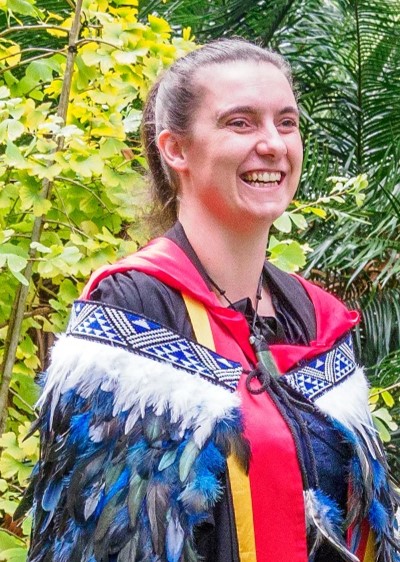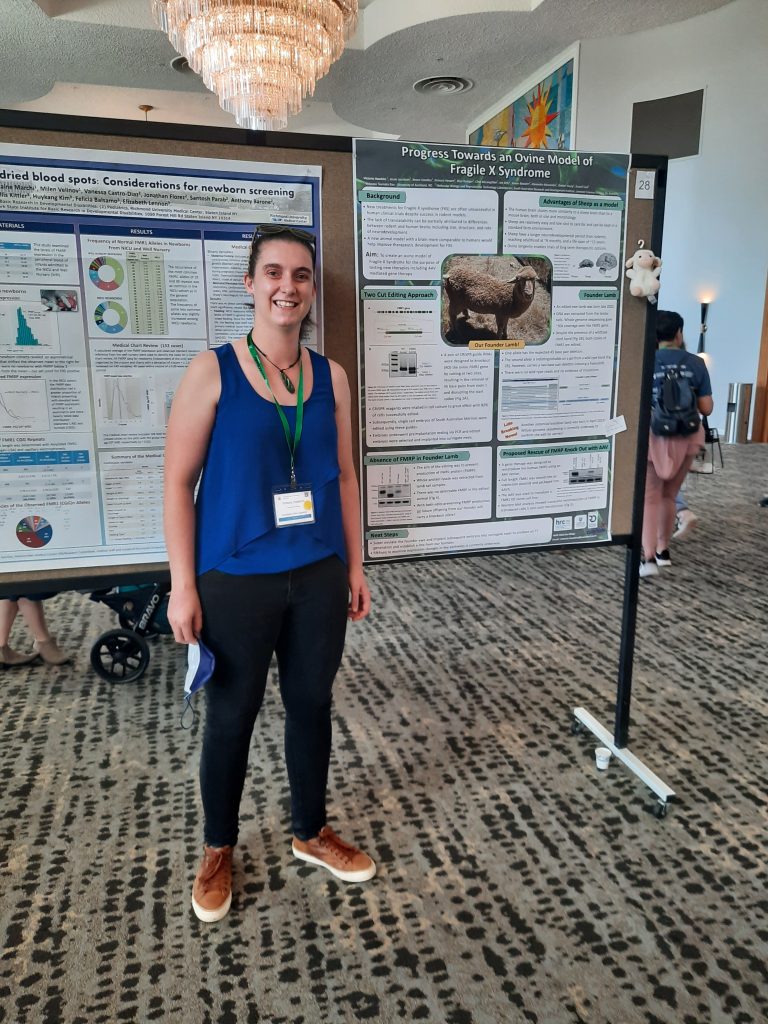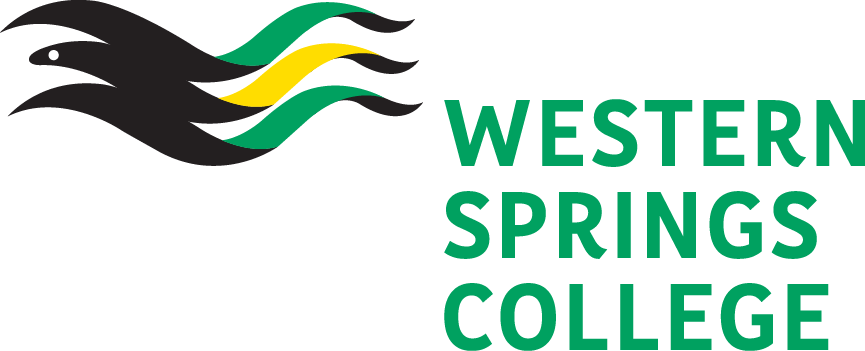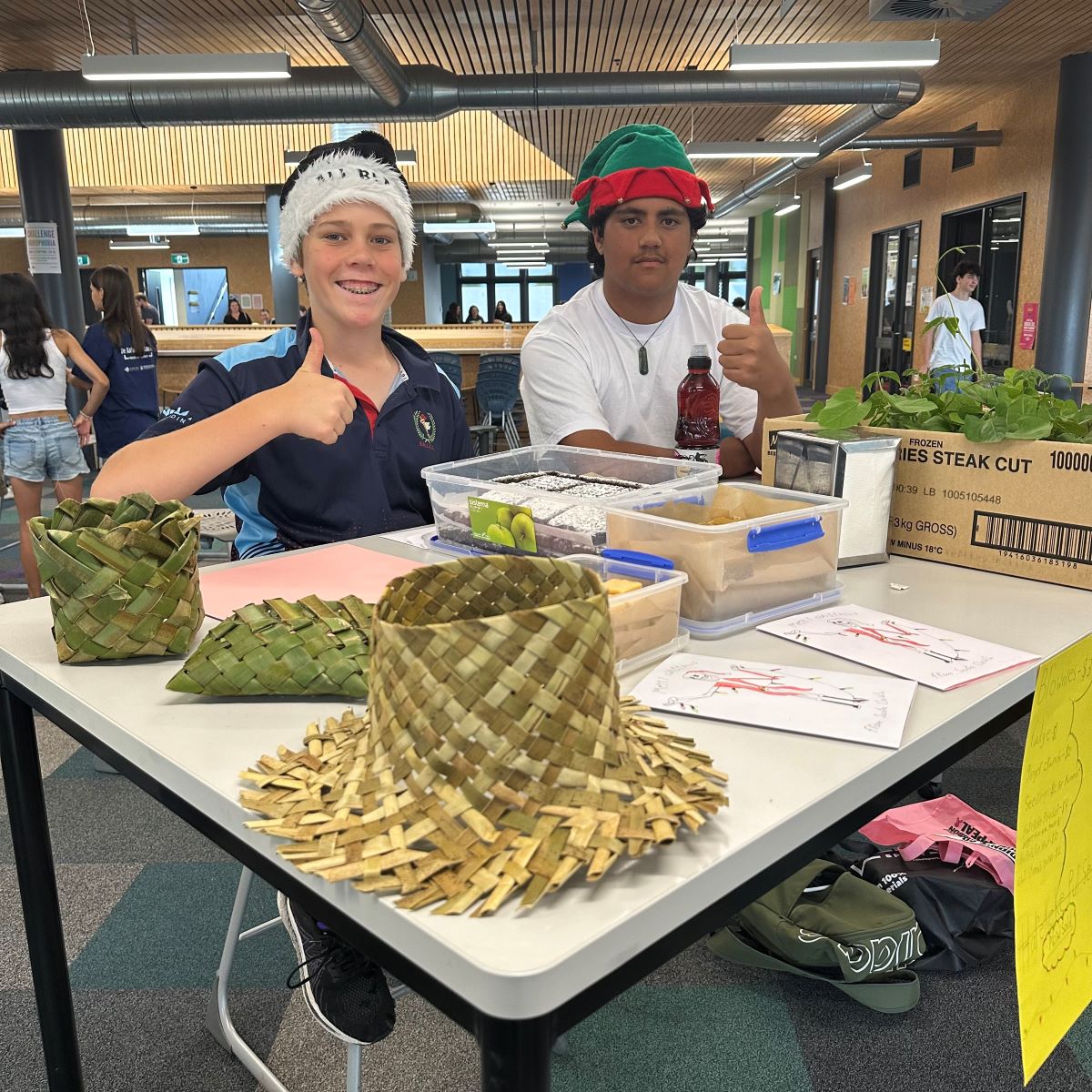** APPLICATIONS NOW CLOSED ** [updated 12 Feb 2026, 4pm] We are seeking a part-time…

Dr Victoria Hawkins is a scientist at Waipapa Taumata Rau, The University of Auckland, within the Faculty of Medical and Health Science. After leaving Springs, she attended UoA to study Biomedical Science, where she discovered a passion for neuroscience and genetics. She was fortunate to join a research lab that allowed her to explore both fields.
Victoria completed a Master’s degree with a project focused on abnormal chromosome numbers in the brains of individuals with Alzheimer’s disease. Victoria discovered a love of being in the lab, doing hands-on work, solving problems, and learning as much as possible. She then worked on a project on Autism, looking at genomic data from autistic individuals in NZ for differences that could be causing or contributing to their condition.
Working in science has allowed Victoria to travel, meet fantastic people (both in NZ and overseas), teach and continually learn and develop as a researcher. Victoria recently completed her PhD, graduating earlier this year, where she utilised gene editing technology to create a model of the neurodevelopmental condition Fragile X syndrome. She is now working as a post-doctoral fellow, focusing on developing a gene therapy for Parkinson’s disease.
Outside of science, Victoria enjoys playing football (staying local at WSAFC), gaming, watching movies, and travelling.
Attended Western Springs College: 2007-2011
School life, what it meant to me:
It’s funny that you don’t really think about how important and formative a place can be while you’re there; the realisation only comes once it’s all over. Looking back, I really enjoyed my time at Springs, especially my final two years. I did a mish-mash of subjects, focusing on things I liked and found interesting, which was one of the reasons I enjoyed my time at Springs so much. While I enjoyed the subjects I took, my fondest memories are of socialising at lunch and extracurricular activities after school (sorry to all my teachers). Many of the friends I made at Springs I am still friends with today.
Greatest achievement:
Academically speaking, my greatest achievement has to be completing my PhD. When I left Springs, I never imagined myself pursuing a PhD. The PhD journey can be rough, with real highs and lows, and in some ways, it was a huge relief to have it completed. It took four and a half years of hard work, but it was fantastic to work on such a great project, meet some amazing people, learn so much, and, of course, celebrate with friends and family at graduation when it was all done.
Greatest influence:
It’s got to be people – family, friends, colleagues, and mentors. Different people influence me in various ways in different aspects of my life but all are extremely important in the person I turned out to be – for better or worse.
Source of inspiration/motivation:
Two significant factors motivate me when it comes to the work I do; the first is helping individuals with these conditions and their whānau, by understanding the conditions better and hopefully finding effective treatments to improve their quality of life. Connecting with community groups reminds us of who we were really doing this work for. Secondly is the intellectual curiosity in the work we do – I am easily bored, and if things aren’t exciting or challenging in some way, I can lose interest very quickly, so doing work at the forefront of science is a great motivation to always try and find what’s next!
Working style:
Despite needing to be very organised and methodical working in a lab, I would describe my working style as chaotic. I love fast-paced work, creating a mess, juggling multiple things at once, and adapting to problems on the spot. The name on my lab coat for many years was “happy-ish chaos.”
Likes: Football, Blue V, summers in Northland, ramen, late-night gaming, and Google doodles.



